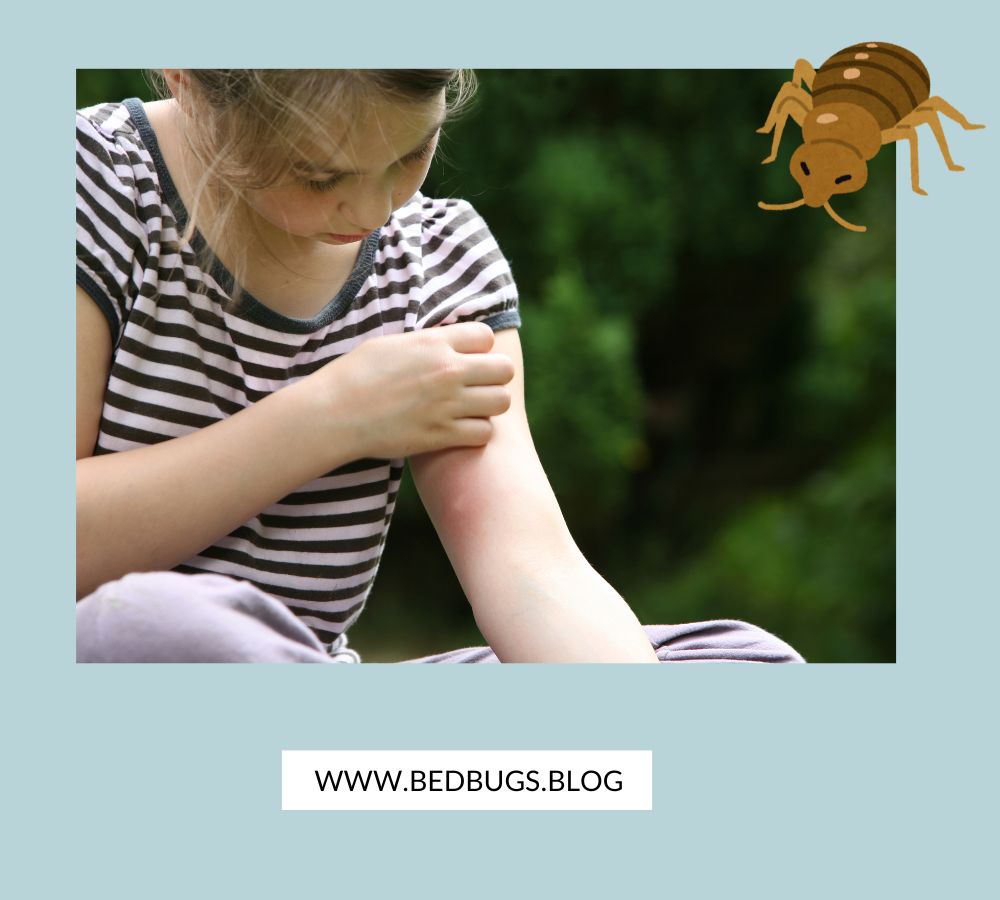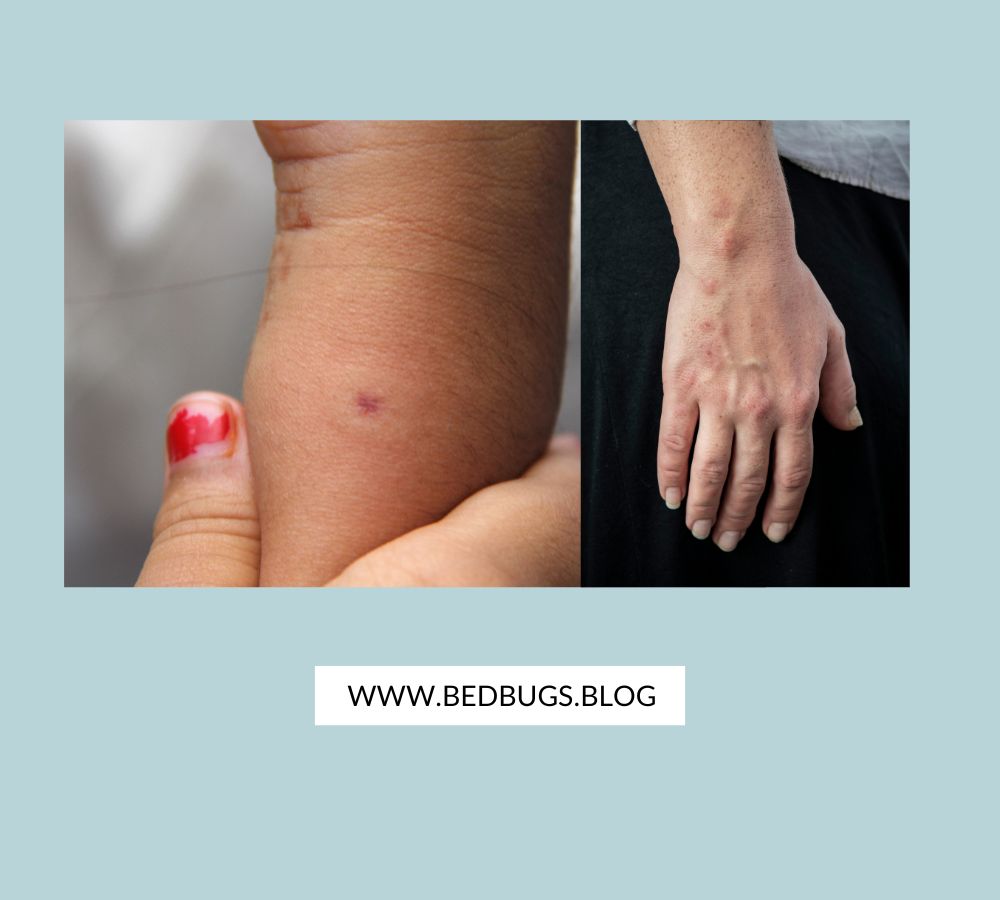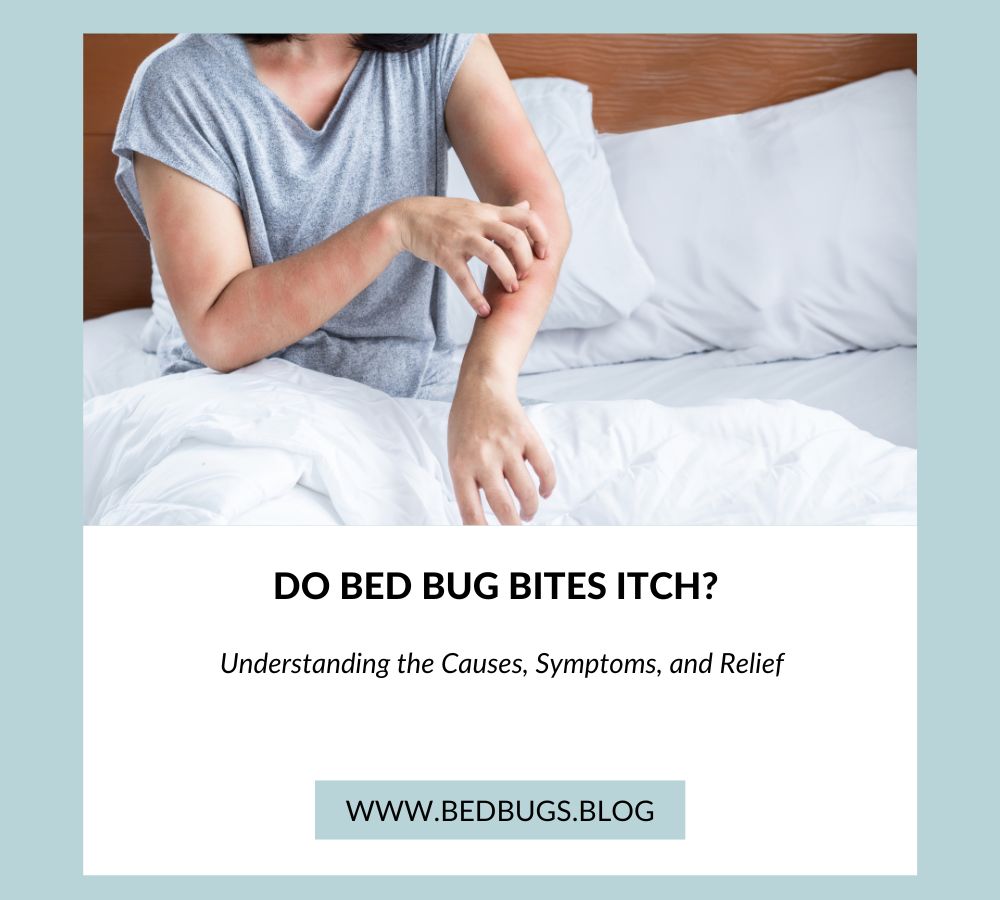Do Bed Bug Bites Itch?
If you’ve ever woken up to mysterious red bumps on your skin, chances are you’ve encountered bed bug bites. The bites themselves are not only annoying but can also be incredibly itchy. In fact, the itching from these bites can be so intense that it keeps you up at night, causing frustration and discomfort. But why do bed bug bites itch, and how can you find relief? In this article, we’ll dive into the causes of the itch, how to recognize bed bug bites, and the best ways to treat and prevent them.
What Are Bed Bug Bites?
Before we get into the details of the itch, let’s first understand what bed bug bites are. Bed bugs are small, parasitic insects that feed on human blood. Their bites are typically painless at first, but the itching and irritation can develop hours or even days later.
How to Identify Bed Bug Bites
Bed bug bites are often easy to identify if you know what to look for. Typically, they:
- Appear as small, red, raised welts: These can appear singly or in clusters.
- Are found in a linear pattern: Bed bugs tend to feed in a straight line, leaving a pattern of bites that’s easy to spot.
- Appear on exposed areas: Bed bugs usually bite areas of your skin that are uncovered while you sleep, like your arms, legs, and neck.
While these are the most common signs, the appearance of bed bug bites can vary from person to person. Some individuals may experience severe swelling, while others might notice only mild irritation

Why Do Bed Bug Bites Itch?
Now that you know what bed bug bites look like, you may be wondering why they itch so much. The intense itching is due to your body’s immune response to the bite. Here’s how it works:
The Science Behind the Itch
When a bed bug bites you, it injects saliva that contains both an anesthetic and an anticoagulant. The anesthetic numbs the area, allowing the bed bug to feed without being detected, while the anticoagulant prevents your blood from clotting. Your immune system recognizes these foreign substances and reacts by releasing histamine a chemical that causes blood vessels to swell and leads to itching.
For some people, this immune response is more intense, resulting in stronger itching. However, some people may not experience much of a reaction at all. The severity of the itching often depends on your body’s sensitivity to the bug’s saliva.
Symptoms of Bed Bug Bites
Aside from the itching, there are several other symptoms that can help you identify bed bug bites. These include:
- Red, swollen bumps: The most common symptom, typically lasting a few days.
- Intense itching: The hallmark of bed bug bites, usually the most bothersome symptom.
- Blistering or hives: In some cases, the bite area may develop blisters or a rash-like appearance.
- Infection: If you scratch the bites excessively, it can lead to skin damage and possible infections.
When to Seek Medical Attention
In most cases, bed bug bites are harmless and the symptoms will resolve on their own within a week. However, if you notice signs of allergic reactions, such as:
- Swelling beyond the bite site (e.g., around the eyes or lips).
- Difficulty breathing or a rash spreading across the body.
Seek medical attention immediately. Additionally, if the bites don’t heal or show signs of infection (like pus or increased redness), it’s a good idea to see a doctor for further treatment.
How to Relieve the Itch from Bed Bug Bites
The itching caused by bed bug bites can drive you crazy, but the good news is that there are several remedies that can provide relief. Here are some effective ways to calm the irritation:
Home Remedies for Itching
- Ice Packs: Applying an ice pack to the bite area for 10-15 minutes can help reduce swelling and numb the area, providing instant relief.
- Baking Soda Paste: Mix a small amount of baking soda with water to create a paste. Apply this mixture to the bites for about 10 minutes to neutralize the itch.
- Oatmeal Bath: Soaking in a cool oatmeal bath can soothe your skin and reduce irritation. Oatmeal has anti-inflammatory properties that calm the skin.
Over-the-Counter Treatments
- Hydrocortisone Cream: A mild corticosteroid, hydrocortisone can help reduce swelling and itching.
- Oral Antihistamines: Antihistamines like Benadryl can help relieve itching and reduce allergic reactions.
- Calamine Lotion: Calamine has a cooling effect and can help dry out any fluid-filled blisters caused by the bites.
Remember, you should always follow the instructions on any over-the-counter medication and consult a healthcare professional if you have any concerns.

Long-Term Skin Care After Bites
While treating the itching is important, you’ll also want to ensure that your skin heals properly to avoid long-term scars or complications. Here’s how to care for the affected areas:
- Clean the Area: Gently wash the bites with soap and water to prevent infection. Avoid scrubbing or using harsh products on the skin.
- Use Aloe Vera or Coconut Oil: Both aloe vera and coconut oil are known for their healing properties. These can help reduce swelling, soothe irritation, and promote skin repair.
- Avoid Scratching: Although it can be tempting, scratching the bites can break the skin and increase the risk of infection.
Preventing Bed Bug Bites
If you’ve had a bed bug infestation, the best way to prevent future bites is to address the root cause. Here are a few tips to protect yourself:
Identifying and Eliminating Bed Bugs
- Inspect your home regularly: Bed bugs often hide in small cracks and crevices in furniture, walls, and baseboards. Check for rust-colored stains (from crushed bugs) or tiny eggs.
- Hire a professional pest control service: If you suspect a bed bug infestation, a pest control expert can help eliminate them before they become a bigger problem.
Prevention Tips
- Wash Bedding Frequently: Wash all bedding, sheets, and clothing in hot water to kill any bed bugs that may be hiding.
- Use Bed Bug-Proof Mattress Covers: These covers are designed to trap bed bugs inside, preventing them from reaching your skin while you sleep.
- Inspect Second-Hand Furniture: Before bringing any second-hand furniture or mattresses into your home, inspect them for signs of bed bugs.
FAQs About Bed Bug Bites
Do Bed Bug Bites Itch Immediately?
- Bed bug bites don’t usually itch right away. It can take anywhere from a few hours to a day for the itching to develop, depending on your immune system’s response.
How Long Do Bed Bug Bites Itch?
- The itching can last anywhere from a few days to a week. However, in some cases, the irritation can persist longer if the bites are scratched excessively.
Can Scratching Bed Bug Bites Make It Worse?
- Yes, scratching can break the skin, leading to potential infections or scarring. It’s important to resist the urge to scratch and use soothing remedies to alleviate the itch.
What’s the Best Treatment for Bed Bug Bite Itching?
- Ice packs, antihistamines, and hydrocortisone cream are some of the best treatments for bed bug bite itching. For natural remedies, oatmeal baths and baking soda pastes are highly effective.
Bed bug bites can be incredibly annoying, with their intense itching and swelling, but understanding why they itch and how to treat them can bring you much-needed relief. From using home remedies like ice packs to consulting a doctor when necessary, you can manage and treat the symptoms of bed bug bites effectively. The most important step is preventing bed bug infestations in the first place by staying vigilant and taking necessary precautions in your home.
If you’ve experienced bed bug bites, don’t hesitate to share your thoughts or ask questions in the comments below. And remember, if you suspect a bed bug infestation, addressing it promptly with professional help will prevent further issues and keep your home bite-free.
